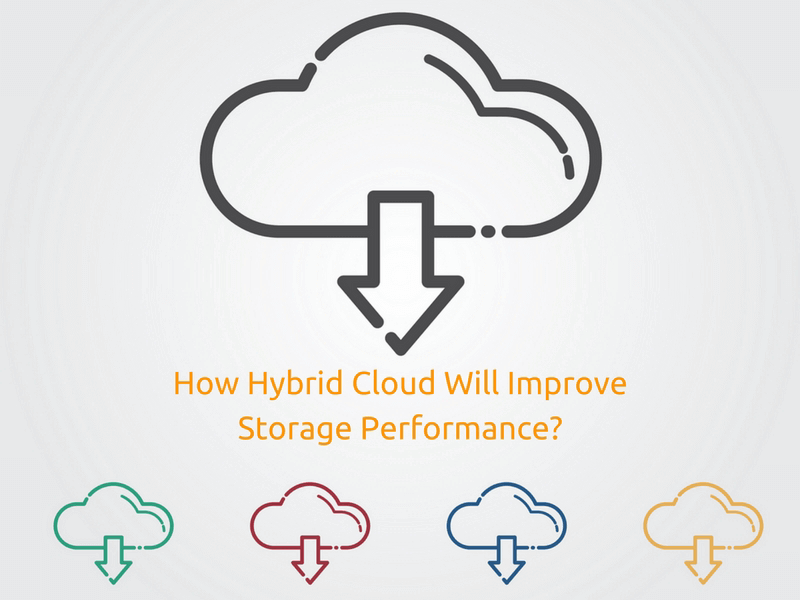To date, one of the best parts of the internet is the accessibility of the cloud. Cloud is a platform, where you can store all your data without fear of breach. Actually, there are three different types of cloud computing solutions. There is a public cloud, which can be used in cases where there is very heavy traffic. Two, you have private public, which comes with added security and safety.
Finally, you have the hybrid cloud, which basically combines the best of both worlds. It is a beautiful blend of private and public cloud infrastructure. You'll find that environments that are exclusively public or private cloud come with their own set of limitations. Hybrid cloud, as the name itself suggests, combines the best advantages of both types of environments and presents you with a great package.
Now if you've been using a public or private cloud since time immemorial, there might be some trepidation about the environment changing out of the blue. Well, it is very natural and logical. But think about the additional benefits you'll get—benefits that will only make your life so much easier. Still not convinced? Let's take a look at some of the benefits and advantages that using a hybrid cloud will bring you:
Hybrid Cloud Storage Performance

Hybrid Cloud Storage Performance
When it comes to data centers, a huge chunk of data, around 90%, is not accessed and goes to waste. This data is left unsecured, duplicated, copied, snapped, and continues to accumulate. Can you imagine how much space it takes up? It is known as passive data, which only consumes expensive storage. Now the idea solution is to migrate all this idle data to public cloud which is very cheap.
Transfer
However, the process is not that easy and it is also inconvenient. Yet with the advancement of science and technology, it has become possible to automatically transfer inactive data to lesser storage options without investing a lot of resources in it. If you migrate your data this way, it will definitely save a lot of space which can be used for something more important.
Backup
One of the main uses of the cloud is for backup. Any data you have will be lost without a backup. You have to backup your data at regular intervals to ensure that there are no errors. However, backups also take up a lot of valuable space. When you are backing up your data after a long time, there is a lot that needs to be covered. Similarly, if the amount of data being backed up is large, it can lead to problems.
As far as performance is concerned, these issues can cause problems. In case of hybrid clouds, recently backed up data will be stored locally and can be operated on local display. This way, you can increase the performance of your cloud and ensure that it works to its full potential.
When you're working with the cloud, it can be difficult to predict how much load you'll have to handle. If there is a sudden increase in load, whatever resources you have may not be enough to compensate. It is one of the major advantages of using a hybrid cloud. This environment will be able to make provisions for such a sudden spike without switching to cloud bursting.
Migration
As it becomes easier to migrate cloud data from one platform to another, it will be convenient to migrate the data to a public environment, which will be able to handle the load efficiently. It also doesn't put too much pressure on your resources.
Both private and public cloud systems have proven their worth over the years. Each type of cloud is suitable for specific workloads and can operate efficiently within their boundaries. But what happens when boundaries are crossed? Data, as you must understand, is unpredictable. You can never predict the workload; consequently, limiting yourself within boundaries would be a wrong move on your part. Instead, you're better off going for something that's more flexible and versatile.
Switch Data
A hybrid cloud system will be able to switch from a private to a public environment and vice versa, depending on the amount of data and data to be processed. It is a kind of holistic approach to cloud data warehousing processing and provides a one-stop solution for everything.
These are just four basic, and not to mention the main benefits of using a hybrid cloud system. The best of both worlds – that's what you get when you use such an environment to access and process your data.
Recent Blogs
Categories



